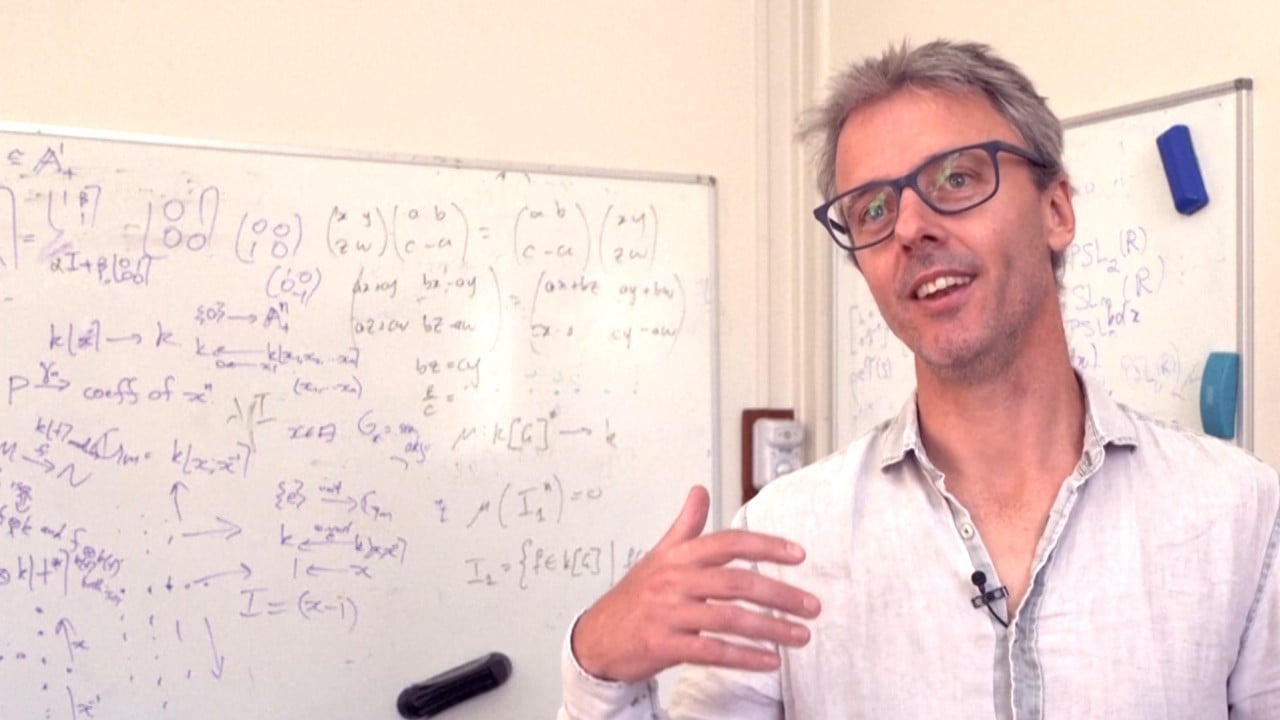China loses maths Olympiad to US but genius student Shi Haojia remains on top of the game – Technologist
In the team rankings, the US took first place with 192 points while the Chinese team came second, with a total score of 190.
Since the first IMO was held in 1959 in Romania with teams from seven countries taking part, the competition has gradually expanded to more than 100 countries from five continents, with each country sending a team of up to six high school students.
China has maintained a competitive momentum at the event over the past three decades, winning its first title in 1989 and taking the top spot a total of 24 times.
Shi is a second-year student at the privately owned Hailiang Senior High School in Shaoxing city, Zhejiang. His competition coach Zhang Xiaoming, who is also the school’s principal, last year described him as a rare mathematical genius.
In an article published by the school after Shi’s achievement at the 2023 IMO, Zhang said that if Shi has an outstanding characteristic, “it is that his driving force for learning comes from his love for mathematics rather than other external things”.
According to publicly available information, Shi was born in a rural part of the central inland province of Henan, moving to Zhejiang when he was nine years old.
He showed a keen interest and talent for mathematics from a very young age. While he was still a primary school student, Shi was already helping his junior high school sister with her maths homework.
At the age of 10, he won a gold medal in a national primary school maths competition. His gift for maths was discovered when he was in grade 5, and since then he has been systematically trained for maths competitions.
In 2021, Shi was selected for the YAU Mathematical Sciences Leaders Programme at Tsinghua University, which recruits middle and high school students with outstanding potential from around the world and trains them continuously from undergraduate to doctoral studies.
Robotics scientist Geng Tao, who used to work at a British university and is now the founder of a start-up, believes that China’s loss of first place this time is likely to be temporary.
China has a large talent pool, and Chinese families tend to take such competitions more seriously, he said.
The Chinese government is also more willing to mobilise the country’s resources to achieve certain goals – such as winning gold medals at the Olympics – which will also help the country maintain its lead in the mathematics race in the long run, Geng said.
According to Geng, students from China and India also show more interest in science, technology, engineering and mathematics (STEM) than their US counterparts, who are more likely to major in subjects such as finance, law and medicine.
The Economist last month published an article that assessed China’s strength in the sciences, noting that Chinese universities awarded 1.4 million engineering degrees in 2020 – seven times more than the US.
China is a main source of STEM talent, producing a large number of scientists, engineers and technicians working in the US today.
But despite China’s outstanding performance, some academics – including celebrated Chinese-American mathematician Yau Shing-Tung – warn that the country still lags the United States in mathematics research.



